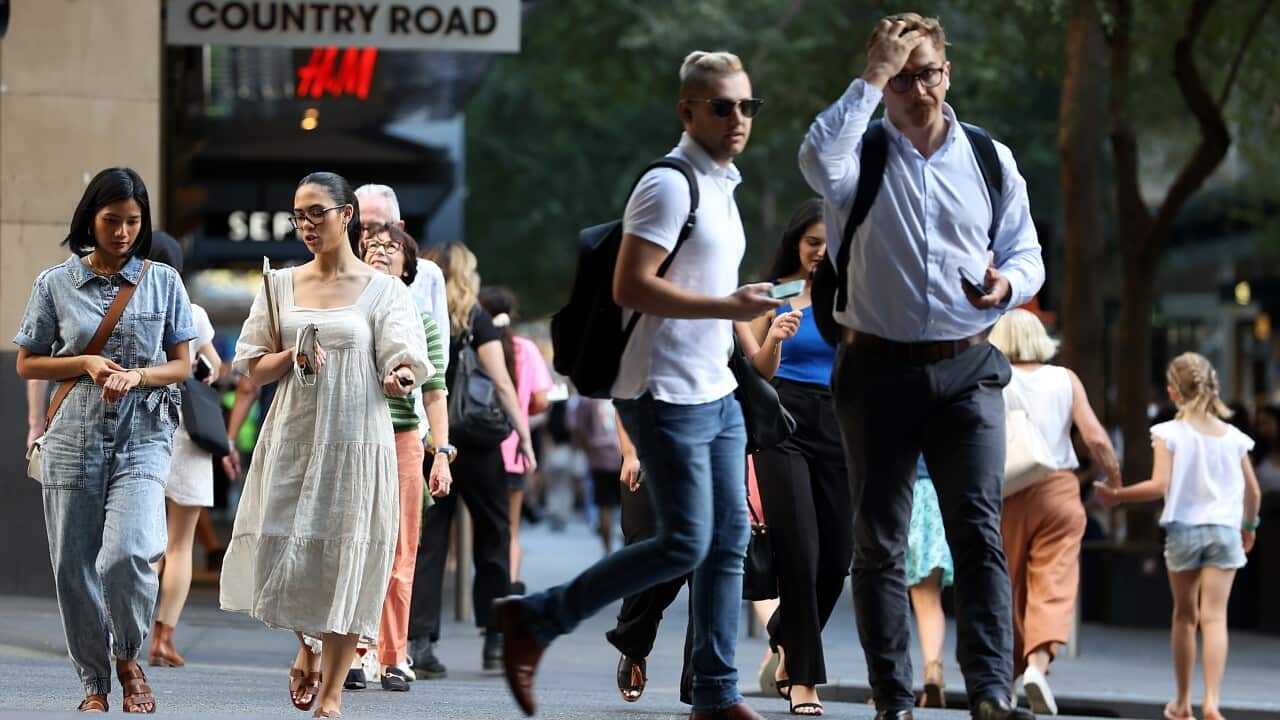Australia is among the 10 happiest countries, according to a new report, but there's a generational divide when it comes to just how cheerful we are.
The list of 143 countries and territories in the United Nations-sponsored World Happiness Report was led by Nordic nations, with Finland ranking 1st.
Australia placed 10th, ahead of New Zealand (11th), the United Kingdom (20th), and the United States (23rd).
None of the world's largest countries appeared in the top 10, the report noted. Only Australia and the Netherlands (which placed 6th) have populations over 15 million, and in the top 20, only Canada (which placed 15th) and the US have populations over 30 million.
The report, published on Wednesday, also compared happiness between the same age groups across the world. Older Australians (aged 60 and over) ranked 9th, while young Australians (aged 30 and under) came in at 19th place.
This was not unique to Australia. Happiness inequality increased in every region except Europe, which authors described as a "worrying trend".
"For the US, Canada, Australia and New Zealand, happiness has decreased in all age groups, but especially for the young, so much so that the young are now, in 2021-2023, the least happy age group," the report says.
"This is a big change from 2006-2010, when the young were happier than those in the midlife groups, and about as happy as those aged 60 and over.
The report is based on data from US research company Gallup and analysed by a global team led by the University of Oxford.
Survey participants are asked to evaluate their life on a scale from zero to 10, with 10 representing their best possible life. Results from the past three years are averaged to create a ranking.

People out and about in Finland's capital, Helsinki. Finland was ranked the world's happiest country. Source: AAP, SIPA USA / SOPA Images
The findings are at odds with much previous research into wellbeing, which found happiness highest in childhood and early teens, before falling to its lowest in middle age, then rising around retirement.
Jan-Emmanuel De Neve, a University of Oxford economics professor and one of the report's editors, said a range of factors was likely to be lowering young peoples' happiness, including increased polarisation over social issues, , and economic inequality that made it than in the past.
What's behind Finland's success?
Jennifer De Paola, a happiness researcher at the University of Helsinki in Finland, told the AFP news agency that Finns' close connection to nature and healthy work-life balance were key contributors to their life satisfaction.
In addition, Finns may have a "more attainable understanding of what a successful life is", compared to, for example, the US where success is often equated with financial gain, she said.
Finns' strong welfare society, trust in state authorities, low levels of corruption and free health care and education were also key.
"Finnish society is permeated by a sense of trust, freedom, and high level of autonomy," De Paola said.










